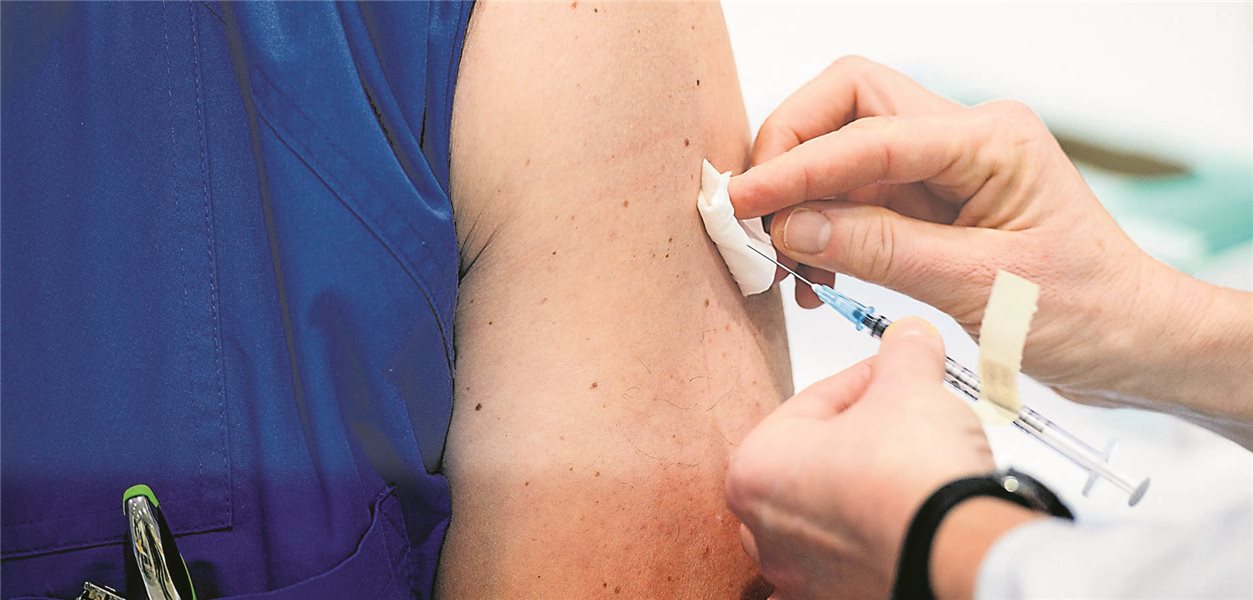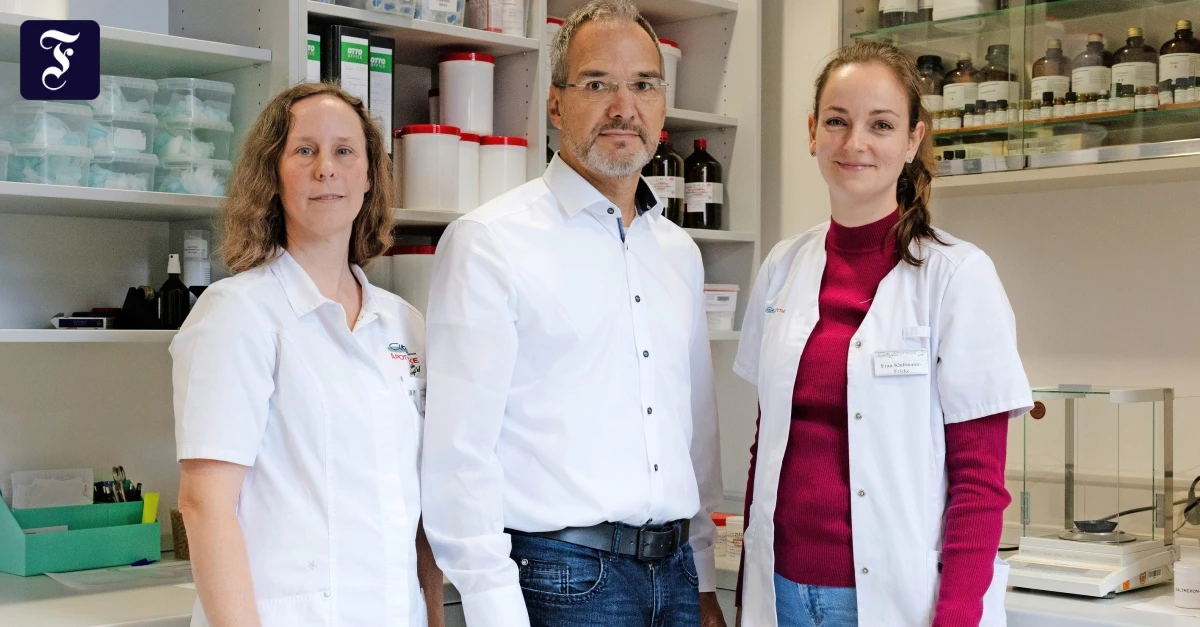Rising ME/CFS Cases in Eastern Bavaria Following COVID-19: Patients Demand Specialized Care
A growing health crisis in Eastern Bavaria
In Eastern Bavaria, the number of people suffering from Myalgic Encephalomyelitis/Chronic Fatigue Syndrome (ME/CFS) has increased significantly, particularly after COVID-19 infections. This complex, multisystem illness causes severe fatigue, pain, cognitive issues, sleep disturbances, and extreme sensitivity to stimuli. It affects women three times more often than men, especially between the ages of 30–39 and in adolescents aged 10–19.
Despite the seriousness of the disease, ME/CFS remains largely unrecognized by the healthcare system, and patients frequently face misdiagnoses or are labeled as having psychological issues.
Patients fighting for recognition and support
Patients like Anna Fuchshuber and Silke Droll describe a life dictated by their drastically reduced energy levels. Even minor activities can cause extreme relapses. Anna's mother, Kathrin Fuchshuber, has been advocating for ME/CFS recognition for years and founded the initiative “Leben zurück” to support others. She criticizes the lack of awareness and calls the current situation a catastrophe.
In Regensburg, patient groups are campaigning for the establishment of Bavaria’s first specialized ME/CFS outpatient clinic at the University Hospital Regensburg (UKR), as part of the initiative “ME/CFS-Versorgungskatastrophe in Ostbayern”.
Post-COVID link and medical challenges
Dr. Christoph Lassen from UKR emphasizes that COVID-19 has drastically increased ME/CFS cases. According to him, up to 80% of Post-COVID patients may develop ME/CFS. However, there are no standard treatments, and health insurance does not cover specialized care or therapies like blood filtration or supportive medications.
As a result, patients must often pay out of pocket for treatment. Even applying for disability benefits or care levels is a bureaucratic challenge.
Systemic gaps and long waiting times
ME/CFS patients in Bavaria currently lack medical support. The few specialists available have extremely long waiting lists — new appointments at the UKR are only possible from May 2026. Though Regensburg is equipped for rare disease diagnostics, ME/CFS is no longer considered rare due to the rising number of cases.
Efforts in children’s care are more advanced, such as the PAIS center at the Technical University of Munich (TUM). However, for adults, the system remains inadequate.
Political efforts and ministry statements
CSU State MP Stefan Meyer stresses the urgent need for local care facilities. In July 2025, the Bavarian State Health Council passed a resolution supporting interdisciplinary care structures for post-viral syndromes, including ME/CFS.
However, the Bavarian Health Ministry downplays expectations, stating no concrete plans exist for ME/CFS clinics in Regensburg, Passau, Neuburg, or Würzburg. Instead, it refers patients to general practitioners and environmental medicine clinics — a solution many consider insufficient.
What patients are demanding
- Estimated 20,000 affected in Eastern Bavaria; no contact points since Post-COVID clinics were closed in December 2024
- Lack of medical training for GPs leads to misdiagnosis and inadequate care
- Call for action: On October 11, politicians, doctors, and patients will meet in Regensburg to discuss:
- Establishing a ME/CFS clinic at UKR
- Providing doctor training programs
- Building a network of ME/CFS-focused GP practices
Conclusion
Patients and advocacy groups are pushing back against a system they feel has abandoned them. The increasing prevalence of ME/CFS following COVID-19, combined with poor healthcare structures and insufficient research funding, creates a critical need for specialized, accessible care in Eastern Bavaria and beyond.














